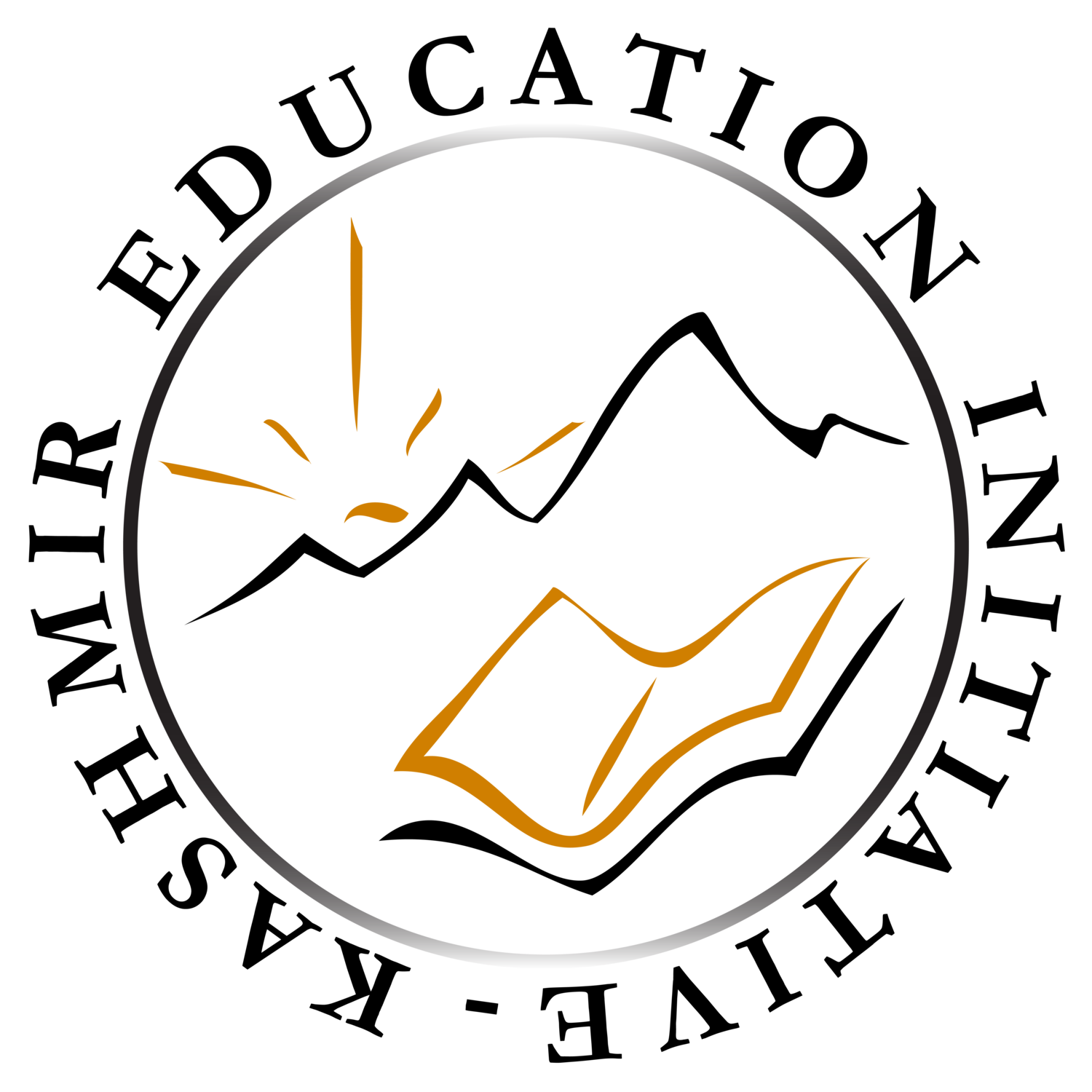Author: Ipsita Sarkar
“Each one of us can be a luminary in our selected fields or profession if we have the will to listen and learn. When we can be a flaming torchbearer to inspire others in their journeys, why settle to be a tiny matchstick?”-Dr. Sultan Ahmad Ismail
Nature can mean so many things. The Session on Will to Win on 3rd September 2020, was a unique one as it covered different challenges of Nature- from the student’s internal nature while preparing for their exams, the nature of the Education System in India, the nature of Competitive exams, albeit the tricky questions asked and short-cuts to solving them and the Gift of Nature around- how to make smart sustainable choices in an increasingly degrading environment.
Mr. Omar Hafiz, Program Manager and Lead Mentor at the Kashmir Education Initiative (KEI) opened the session by introducing the Speaker of the Day, Dr. Sultan Ahmed Ismail, an Indian soil biologist, and ecologist, whose work revolved around techniques for recycling biodegradable waste into fertilizer using local varieties of earthworms and soil bioremediation. He is also an author with several books such as ‘The Earthworm Book’, ‘Prospects of Organic Waste Management’, and the ‘Significance of Earthworms’ to his credit.
Dr. Sultan began his talk by mentioning how time had changed post-Corona! From restricting mobile, television, and gadget usage among children, society was now moving towards allowing its increased dependency on children. What has however remained consistent is the need for communication. And few of the essential pillars of communication, he stressed, lay in the power of listening responsibly and expressing clearly, with the will to receive. Communication was key for the success of any kind of relationship, as it was in receiving and spreading knowledge.
Referring to the first word mentioned in the Holy Quran, ‘Iqra’, meaning to read and seek knowledge, he asked the Student Scholars of KEI, why it was necessary to study? He gave the example of the eyebrow, which seemingly served no purpose, but in times of difficulty, like sweating, it would prevent the saline water from entering the eye and stinging. Studying and receiving knowledge too would help in enlightening and enriching ourselves and the world around and help us to deal with problems. Hence, it was important to listen and learn passionately and leave behind an indelible impression upon society.
He suggested that the old school physics class could blend with the new age digital class, to give us a ‘Phygital’ learning experience. The best of both worlds could be blended in modern times and help us adapt to the crisis. He spoke about how Biology was not limited to Medical any more nor was Physics limited to Engineering options and went on to showcase the plethora of study options under BA, BSc, MBBS, Traditional Medicine, and Art that’s available. Understanding how rigid society could become in accepting unconventional career or study choices and financial constraints that could be a hurdle, he asked the students not to give up in case they met an obstacle. “If Plan A fails, remember that you have 25 letters of the alphabet left,” he said.
He also highlighted some tricks and techniques to ace the brain teasers in the competitive exams. They ranged from analytical questions to numerical and English word problems. He also added that the Education system needs to be more geared towards making independent and creative thinkers and problem solvers. It should also incorporate the local natural habitat. His talk then focussed on making ecological choices to preserve nature-by choosing food options more responsibly, avoiding colored food, and usage of plastic. It was also critical to respect biodiversity and take a stand against genetically modified foods.
Dr. Sultan then spoke about his own subject of passion-Zoology and how his book on 100 Science Experiments gave him an opportunity to connect with children and meet the late Dr. Abdul Kalam, renowned astrophysicist and former President of India. He briefly narrated the story of his humble beginnings in Pondicherry to surviving on basic necessities after the death of his father to pursuing an MPhil with an intensive project on earthworms. Today, it has been more than 45 years of teaching experience for him, during which he even coined the term, ‘Vermitech’.
He wore that hat of a teacher again while answering questions from the Scholar Students of KEI. Answering Falak’s question on overcoming feelings of loneliness and self-isolation, he said that the best helping hand came from within rather than from external sources. He told another student that the best role model is the person who stares back at you from the mirror. He also told another student, Zubair to focus on scientific experiments and promote the growth of the local economy such as saffron cultivation, apple farming, and so on.
Towards the end of the session, the Scholars felt inspired and insisted on having another session with Dr. Sultan. Mr. Omar suggested having another session with Dr. Sultan mentoring both teachers and students as the audience. After all, teachers were learners too!

